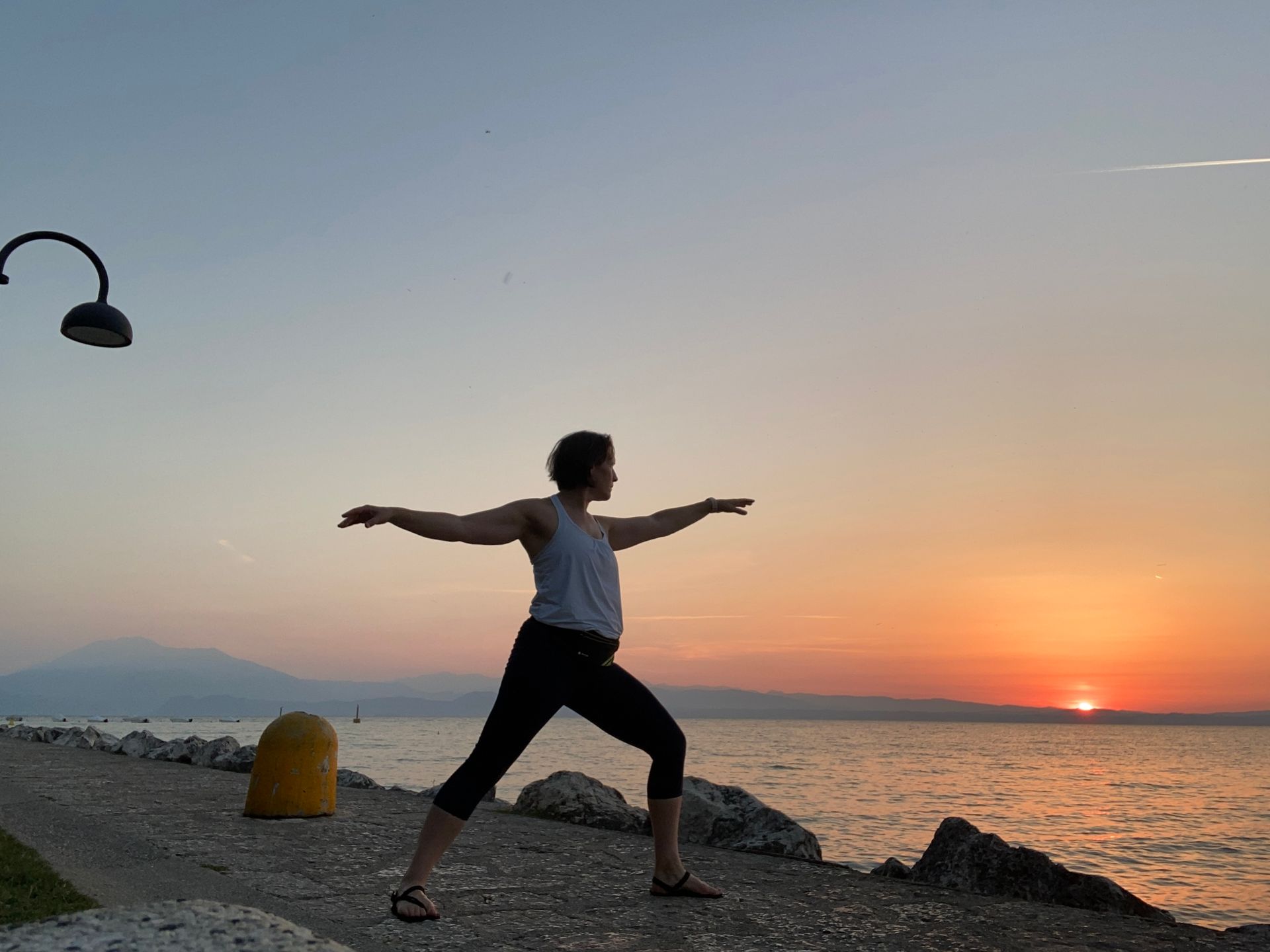Mindfulness and our thoughts
Mindfulness series - part two - Mindfulness and our thoughts
During mindfulness, we have the opportunity to become more aware of our thoughts. A 2020 study published in Nature suggests that we could have around 6000 thoughts every day. When the mind is full of racing thoughts, it's very easy for it to spiral from one thought to another, or perhaps to go off in complete tangents like the branches of a tree, or maybe instead, leaving us stuck on one particular thought and caught up in rumination. This often leaves us feeling exhausted or anxious and lacking in focus and creativity.
What are our thoughts? We could consider them to be mental events of the mind. If we ask the question 'what are you going to think next?' we likely don't know the answer! Thoughts are transient and many of the techniques used during mindfulness sittings focus on noticing the thought, and then intentionally letting it go, acknowledging the transient nature of them.
There appears to be a 2-way connection between our thoughts and our feelings. Consider the scenario - a friend hasn't arrived on time for a coffee date - this might prompt us to think 'they could at least have called', and that thought might lead to the feeling of annoyance. However, having the thought 'this is unusual, I hope they are OK' might lead to the feeling of worry or compassion. Feelings can also have an impact on our thoughts. If we're feeling in a sunny disposition and our plans are disrupted, we're more likely to find a positive solution and maintain a positive mindset in the moment, than we might do if we were feeling upset before-hand.

Mindfulness can help us to notice these connections, and prompt us to ask questions about our thoughts and feelings, to help us better understand them, to recognise our habits around thoughts and feelings, and to begin making positive changes. There are many tools we can use during daily life and during mindfulness sittings that can help us to notice and release our thoughts, which we'll cover during my mindfulness courses. Once we become a more skilled observer of our thoughts, we can start to apply some self-compassion and self-kindness. We can begin to reduce judgement and comparison of ourselves and of others and become more accepting of what is.
Many of us spend much of every day in our 'doing mode'. We're often busy, busy, busy, from the moment we wake until the moment we go to sleep. When we're stuck in 'doing mode', we are not in 'being mode'. We are, after all, 'human beings' and not 'human doings'. Mindfulness allows us to take a step back from 'doing mode', and helps us to reset and revive, even for just a few minutes, or for a couple of mindful breaths every day.
If you feel as though you’d like to spend more time in 'being mode', to press pause, and take a breath or two, get in touch by email and enquire about my mindfulness courses. You might also experience more calm and mindfulness during Breathwork or Pilates so drop me a line if either of those interests you too - you can find out more by using the buttons below to view more details